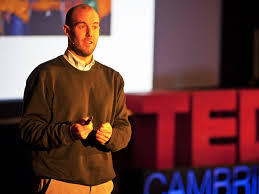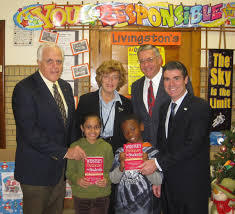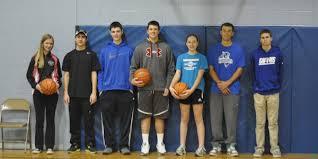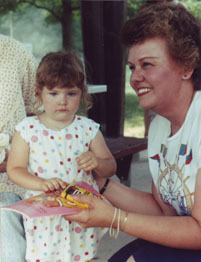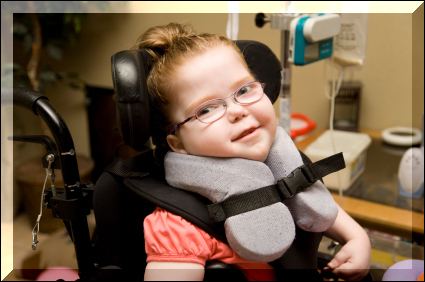We've all heard that money can't buy happiness. It may interest you to know that Michael Norton of the Harvard Business School says, "If you think money can't buy happiness, you're not spending it right." His study found that what generates happiness is spending it on others. Some of their research was done on Canadian university students, so it might seem a little biased, but some of the same research was also done with people in Uganda. Their Gallup poll found in nearly every country in the world that people who give to charity are happier people.
We can take that one step farther and listen to author and leadership mentor Simon Sinek, who points out that:
"When we do good for others it inspires others to do good for others. When we look out for those in our tribe, when we look out for those in our group, it feels good, it releases oxytocin. And the more oxytocin you have in your body, the more you want to do things for others... If you start doing little things for others, others will start to do little things too."
Patsy Terrell of Hutchinson, Kansas, got inspired last winter when she read an article about a man who paid up some school lunch accounts. Patsy says, "We're a very wealthy nation; I can't accept that we have hungry kids in falling down classrooms." Many phone calls later she knew that 65 percent of the kids in her area receive some sort of financial assistance for meals at school, and she knew that a program to provide a snack to kindergarteners was seriously underfunded. With a few posts to friends on social media, some help from a local church, and the contents of the "Cuss Jar" from a local business, they funded the program through the end of the school year. "The way to fix all the problems in the world is to fix education. No energy put into a child is ever wasted." An easy way to help local schools is DonorsChoose.org, where teachers can ask for funding for specific needs or projects.
Scott Anderson of Colorado Springs, Colorado, is also involved with students. His labor of love is the Rotary Club Dictionary Project, which provides a Scholastic Dictionary to every third grade student in Colorado Springs. It takes two solid weeks, but Scott says he wouldn't trade the time to do anything else. "The kid's eyes light up when they realize it's theirs. Sometimes it's the first book that belongs to just them. Now I hear stories that the kids I gave dictionaries to are taking them off to college."
Jim Murphy of Clifton Park, New York, learned about Sports Are for Everyone as a relatively young man walking across a local park. At the time he and his wife did a lot of coaching for local youth sports and one day he noticed a group of special needs kids playing flag football. Back then it was just the founder Jim Fitzgerald riding herd on as many kids as showed up. Twenty-two years later, it's a popular place for the high school athletes to volunteer and sometimes the ratio is as high as two program kids per volunteer. "Find something where there is a need in the community, find something that feels good, find the right intangible return on your investment."
Jane Heller of Altamont, New York, found her charity because they solved a need she had. When she and her husband traveled in an RV, she needed a way to keep busy when she wasn't the driver. She had learned of Tender Loving Care Ministries through a magazine; they provide clothing for needy children in the Appalachian Mountains. At the time Jane was a novice knitter, but the charity was very happy to take whatever she wanted to donate. Nearly 25 years later, Jane isn't a novice any more, and she doesn't travel as often, but she's still keeping busy knitting sweaters. "It makes you feel good. Most knitters of a certain age don't need to knit for their families any more. A certain amount of it is done for hospitals or the homeless or for shelters. Creating and sharing gives a feeling of fulfillment."
Karen Frazier of Chehalis, Washington, has been volunteering since she was a child herself. "I learned to be a volunteer and to donate from my parents. I saw them do it so it was natural that I'd do it to. Now my son volunteers. One day he came down and brought his soccer ball bank full of change and wanted to donate it. It was a really moving moment for me." That change all went to Pope's Kids Place for medically fragile children. Karen is a trained Court Appointed Special Advocate to make sure that abused and neglected children have a voice in court.
Simon Sinek says, "If everyone knew why they do what they do, and if everyone only did that which inspired them what a great world we'd live in."

